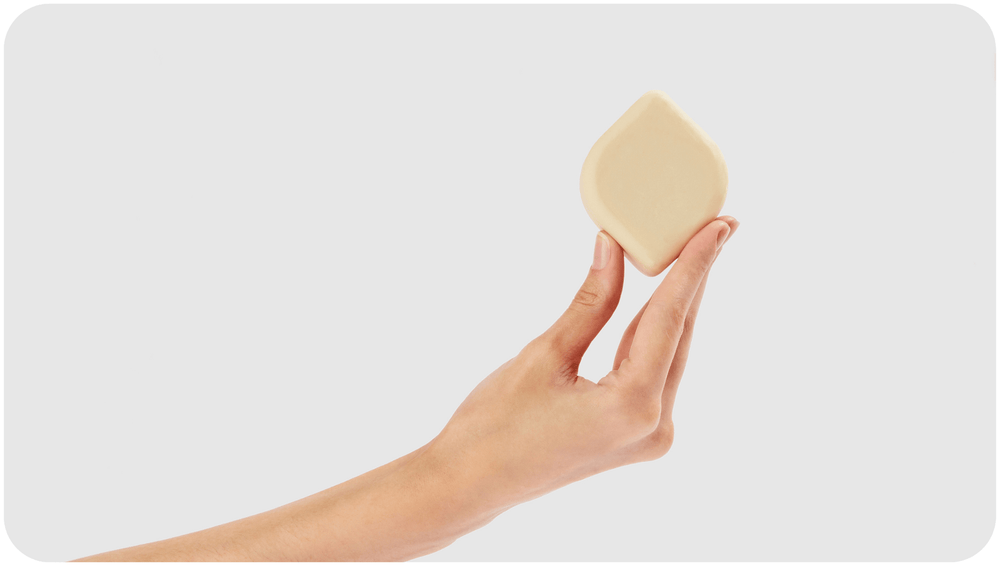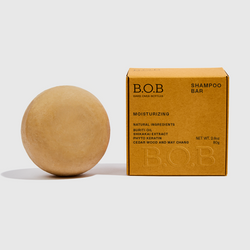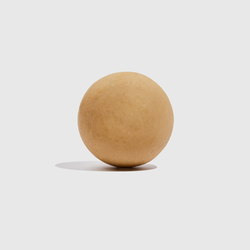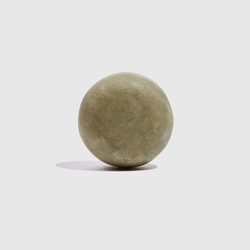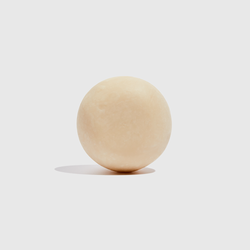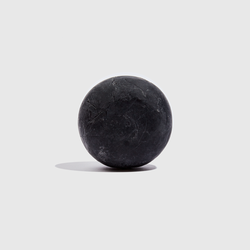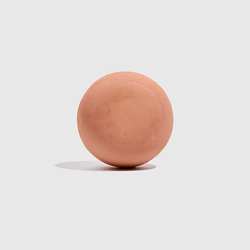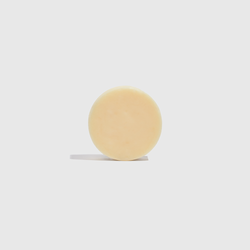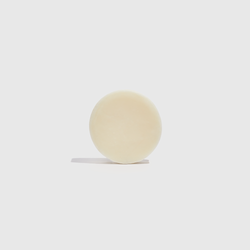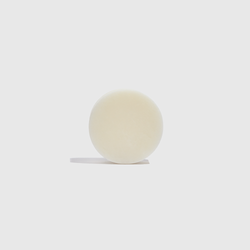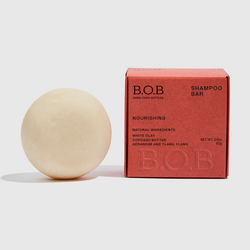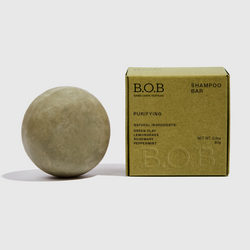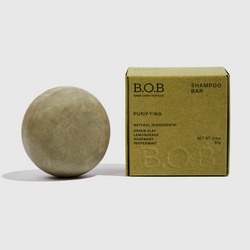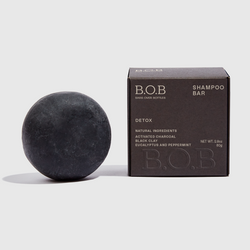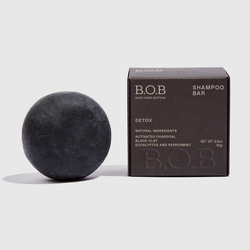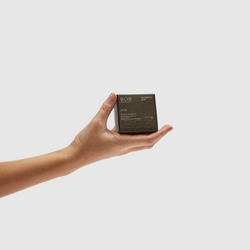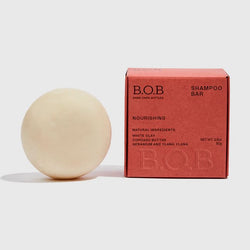6 Myths and Facts About Intimate Washes
Index
- What is an intimate wash?
- 6 myths about intimate wash debunked
- 1. Myth: Washing your intimate region is bad for you
- 2. Myth: Intimate washes will throw off your pH
- 3. Myth: It’s not safe to use intimate wash during pregnancy
- 4. Myth: There is no such thing as intimate wash for men
- 5. Myth: You shouldn’t use an intimate wash while on your period
- 6. Myth: Feminine sprays are harmless
- Choosing the best intimate wash for you - and the environment
There is a lot of information circulating the internet (and social circles) around intimate washes - and much of it is inaccurate. With so many misunderstandings surrounding intimate hygiene products, it’s time to separate myth from fact.
Before we set the record straight, it’s important for you to understand what an intimate wash is and isn’t. Then, dive into some myths and facts around feminine hygiene products, and introduce you to the best natural feminine wash on the market.
What is an intimate wash?
An intimate wash is a product designed to cleanse your genital area. These washes can help protect you against yeast and bacterial overgrowth, and keep your intimate area smelling fresh.
But not all feminine hygiene products are created equal. In fact, some intimate cleansers can even be harmful for you - which is where many of the misunderstandings around these products come into play.
So are intimate cleansers good or bad? Who should use them, and when? How do you know you have a good-quality intimate wash?
Let’s break down all the details on this seriously misunderstood product.

6 myths about intimate wash debunked
Here is everything you need to know about intimate hygiene products.
1. Myth: Washing your intimate region is bad for you
Fact: It’s important to keep your intimate region clean, and an intimate wash can additionally treat dryness, itching, and irritation of intimate areas.
Just like any other part of your body, it’s important to take care of your intimate region to prevent infections and other health hazards. That being said, there are some misconceptions on where and how to clean.
You do not need to clean your vagina.
Your vagina is self-cleaning and self-regulating, and using a douching product can disrupt your natural flora and pH. As such, you should steer clear of douches.
You DO need to clean your vulva.
The vulva is the external area of the female genital region. It should be cleaned regularly with warm water and a high-quality intimate wash. Because the skin of the intimate region is delicate, it is not recommended to use soap, as this can cause irritation, and even throw off your pH.
The natural pH of your intimate region is acidic - somewhere between 3.8 to 4.5 pH. Soap, on the other hand, is incredibly basic. Washing your intimate area with regular soap can disrupt your natural flora and allow harmful bacteria to grow.
If you aren’t using a specially formulated intimate hygiene product, you would be much better off sticking to warm water alone.
Warm water is perfectly adequate for cleansing your vulva, but intimate products take your hygiene a step further by cleansing, moisturizing, and freshening the area up all at once.
2. Myth: Intimate washes will throw off your pH
Fact: While the average douche will affect your pH, a good feminine wash is designed to mimic your natural pH of 3.8 to 4.5.
Many women think that douching will keep their vagina clean and protected - but it’s really the opposite. Douches use a water-soap or water-vinegar mixture to clean out the vagina, but these mixtures are far too basic, resulting in a pH imbalance.
A pH imbalance leaves your body at risk for developing bacterial or fungal infections.
This is what gives a bad name to intimate cleansers, but there are many safe and beneficial ones out there!
Look for intimate products that are hypoallergenic and clinically approved by a doctor or gynecologist. Ideally, these formulas should be mild and free from synthetic fragrances.
The best natural feminine washes are designed to mimic your natural pH, and therefore should not cause any imbalance when used.
3. Myth: It’s not safe to use intimate wash during pregnancy
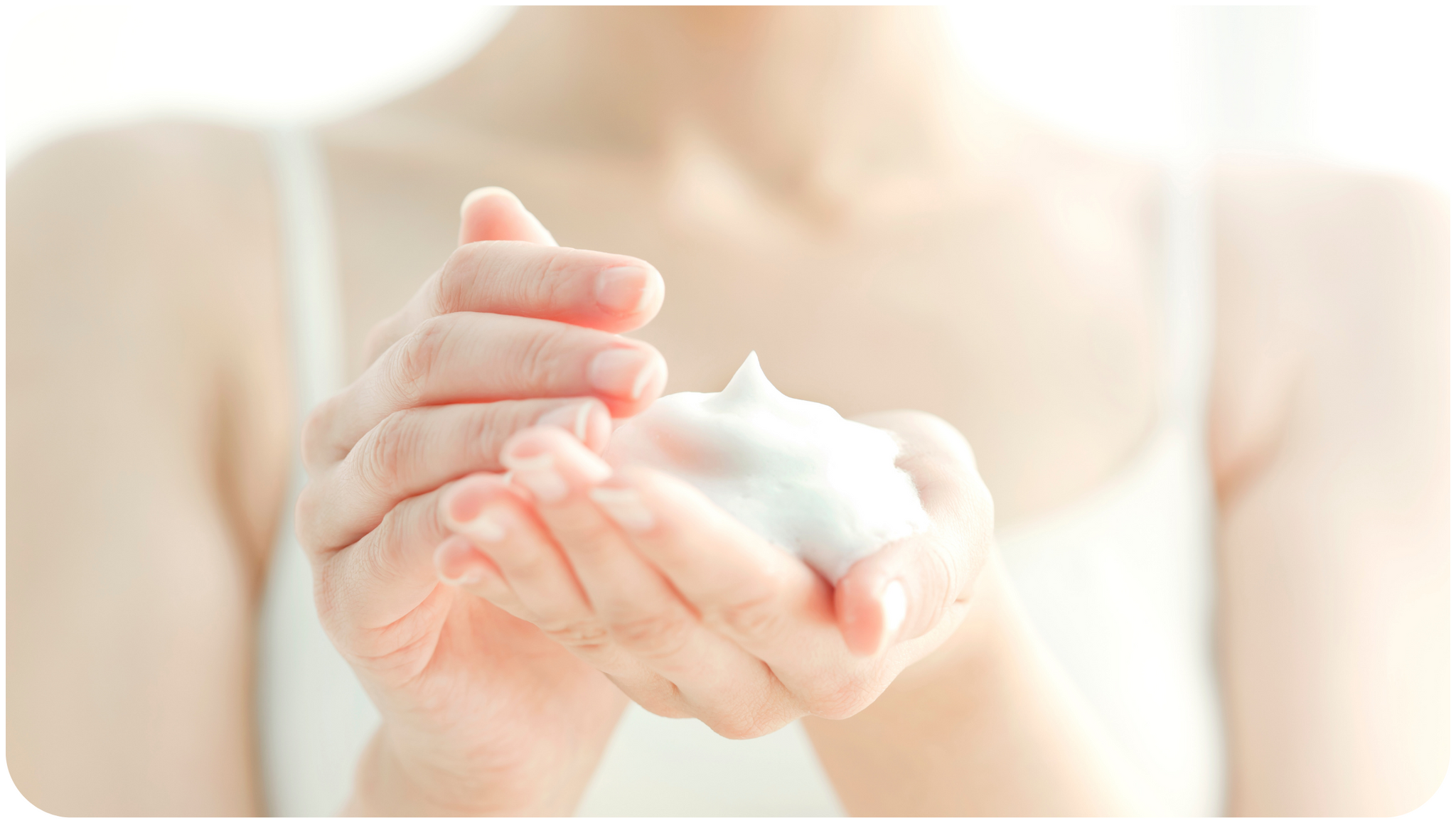
Fact: Natural, paraben-free intimate washes are perfectly safe to use during pregnancy.
Is it safe to use intimate wash during pregnancy? Absolutely.
Just remember that not all intimate products are created equal. Look for washes (not douches) that don’t contain any strong chemicals and are paraben-free. We highly recommend sticking to gentle, natural hygiene products. When in doubt, you can ask your OBGYN!
4. Myth: There is no such thing as intimate wash for men
Fact: Men can absolutely benefit from intimate hygiene products!
Intimate hygiene is essential for the wellbeing of men too. The genitals are more sensitive than other areas for your body, and therefore, a normal soap generally isn’t best.
If you want to prevent rashes, itching, and foul smells, you might prefer to use an intimate cleanser over soap. BUT - many intimate products marketed towards women won’t be great for men. That’s because men have a higher natural pH than women.
Intimate cleansers that are specifically formulated for a woman’s pH may throw off the pH balance in men, so look for washes for women on the higher end of the pH spectrum, or grab an intimate product specifically designed for men - which is usually around a pH of 5.1.
5. Myth: You shouldn’t use an intimate wash while on your period
Fact: It’s actually extra important to wash your intimate region during your period!
Menstrual blood has a pH of 7.1, so if you don’t clean your intimate region carefully during your period this can - you guessed it - throw off your pH. That’s also the reason that doctors recommend you change your pads or tampons regularly.
To ensure your intimate area stays refreshed and balanced all through your cycle, it’s important to keep it clean - and an intimate wash can help!
6. Myth: Feminine sprays are harmless
Fact: Perfumes are never a good idea to use on your intimate region.
Your intimate region isn’t meant to smell like roses, and not all odors are cause for concern. It’s perfectly natural for your intimate region to have a musky scent.
If you’re trying to cover up your natural odor with a perfumed feminine spray, you can do more harm than good. Many sprays can irritate the sensitive skin of your vulva, and can cause itching, rashes, and discomfort.
If you would prefer to mask your natural scent, you can look for a gentle, natural intimate wash that is lightly scented and free from chemical perfumes.
Choosing the best intimate wash for you - and the environment
If you’re looking for the best natural feminine wash, one that will work with your body and not against it, then look no further than my intimate wash bar from Bars over Bottles.
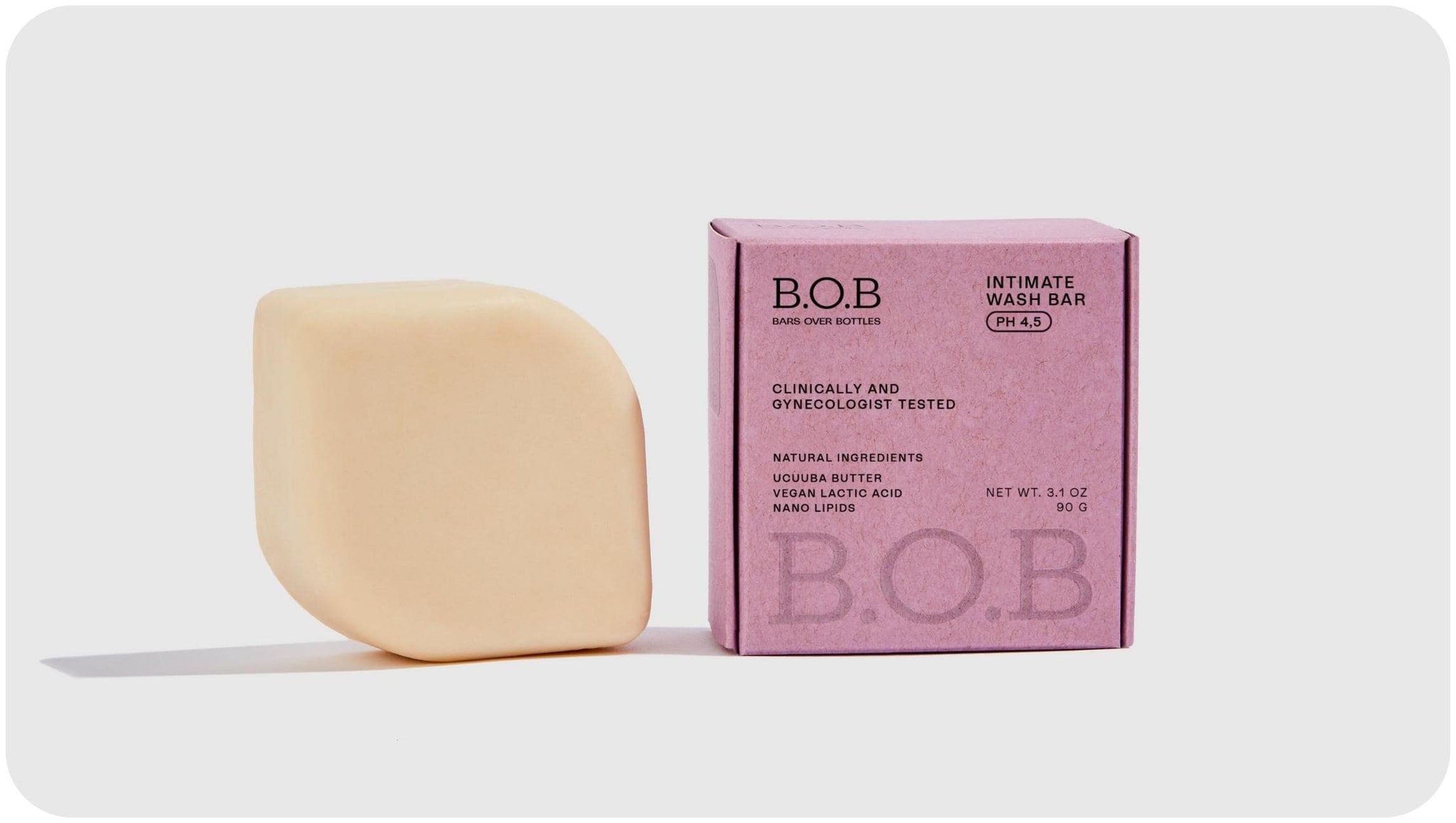
My solid intimate bar is alcohol free, pH balanced, and contains no harmful synthetic perfumes. Made with gentle ucuuba butter, antimicrobial nano lipids, and vegan lactic acid, this hypoallergenic formula is both clinically and gynecologist tested.
It’s been tested by our customers too! Some say it’s lightly floral, others citrusy, and yet more “woodsy,'' but what everyone can agree on is that it smells and feels GREAT.
The best thing is, if you’re looking for how to reduce plastic use, this intimate wash bar is an easy way to do it! It comes in compostable packaging, and you can easily store it in a variety of plastic-free soap dishes.
In fact, my entire line of natural shampoo bars, conditioner bars, and skincare bars is free from plastic, and made from the very highest quality ingredients, making these clean beauty bars great for both the environment AND your body.

